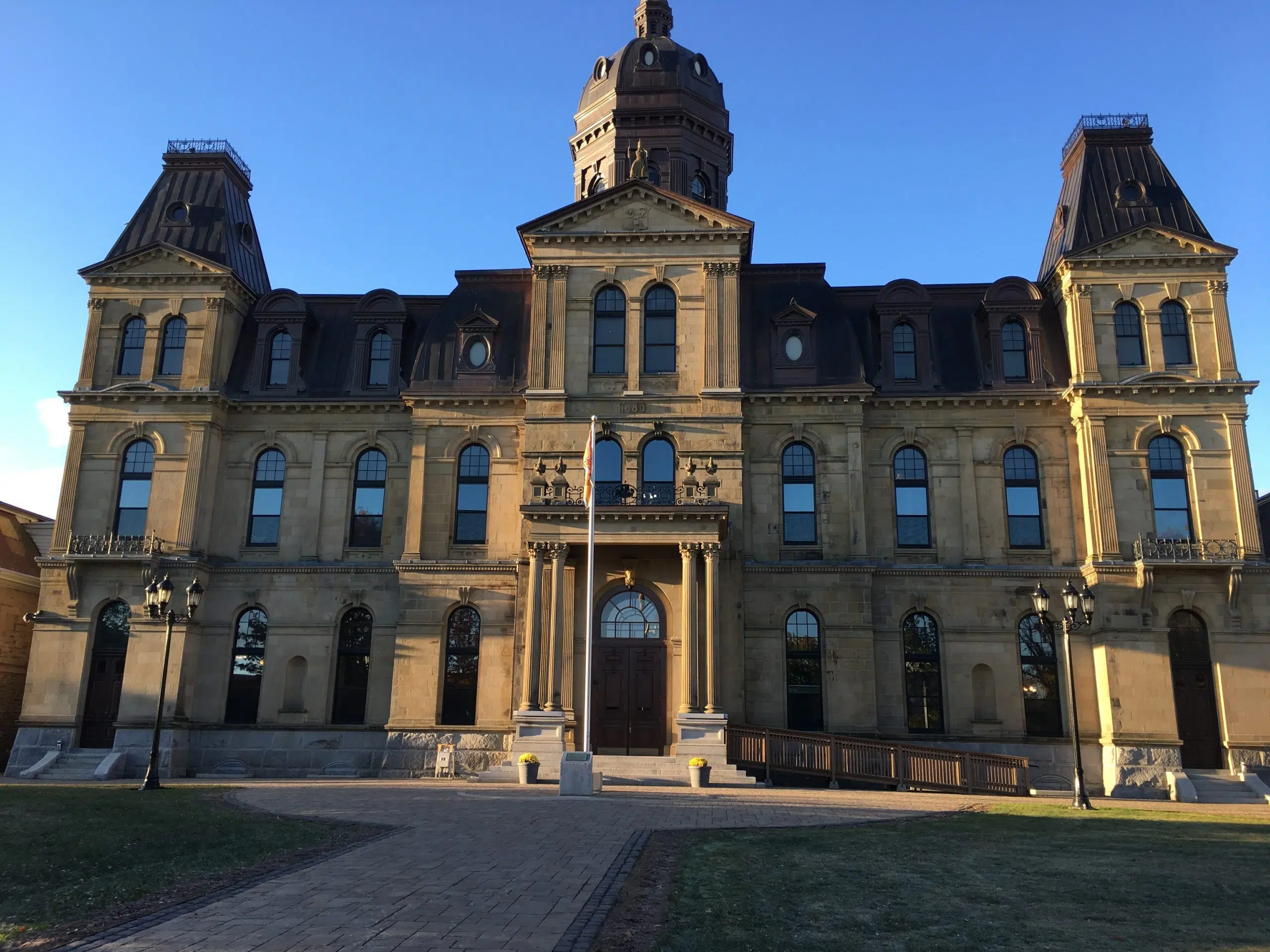The New Brunswick government is moving forward with its promise to overhaul the province’s property tax system.
A consultation and engagement process is underway, beginning with a public survey that is available until Aug. 10.
Record real estate growth has led to major increases in property values and, in turn, higher property taxes in recent years.
Finance Minister René Legacy said the overhaul is meant to support a long-term transformation that is sorely needed.
“New Brunswickers want and deserve a property tax system that is transparent and provides fairness and stability moving forward,” Legacy said in a news release.
Both the assessment and property tax systems will be reviewed as part of the overhaul process, and the province said reform options will be considered.
This spring, the province announced a one-year assessment freeze for around 430,000 property owners in 2026 as a first step to property tax reform.
Municipal organizations in the province immediately pushed back, saying the move set a “troubling precedent for interference in municipal finances.”
Brittany Merrifield, president of the Union of Municipalities of New Brunswick, said the freeze will put pressure on property taxpayers since municipalities rely heavily on property taxes.
Without revenue growth, Merrifield said, many local governments may have to raise taxes in order to balance their budgets.
“It puts immense pressure on municipalities to meet the mandates given to us through local governance reform and downloaded provincial services,” said Merrifield.
The following day, the province unveiled a new funding model for local governments, which will see them receive $138 million next year, up from $63 million this year.
$75 million has been earmarked for a Fiscal Capacity Fund. It will provide municipalities with a new equalization fund designed to support local governments in need.
Regional service commissions will receive $18 million — an increase of $3 million —to help implement their regional strategies. The remaining $45 million will go toward a new fund aimed at supporting the improvement and replacement of existing municipal infrastructure.
“Our aim is to deliver a model which will provide long-term sustainability and fairness to local governments without overburdening property owners who are already facing affordability issues,” Local Government Minister Aaron Kennedy told reporters.
“We want to ensure we are delivering the right solutions and a fair funding model that enables local governments to deliver services to the people of New Brunswick.”
Provincial officials said any long-term changes to the property assessment and tax system would take effect for the 2027 taxation year and beyond.








